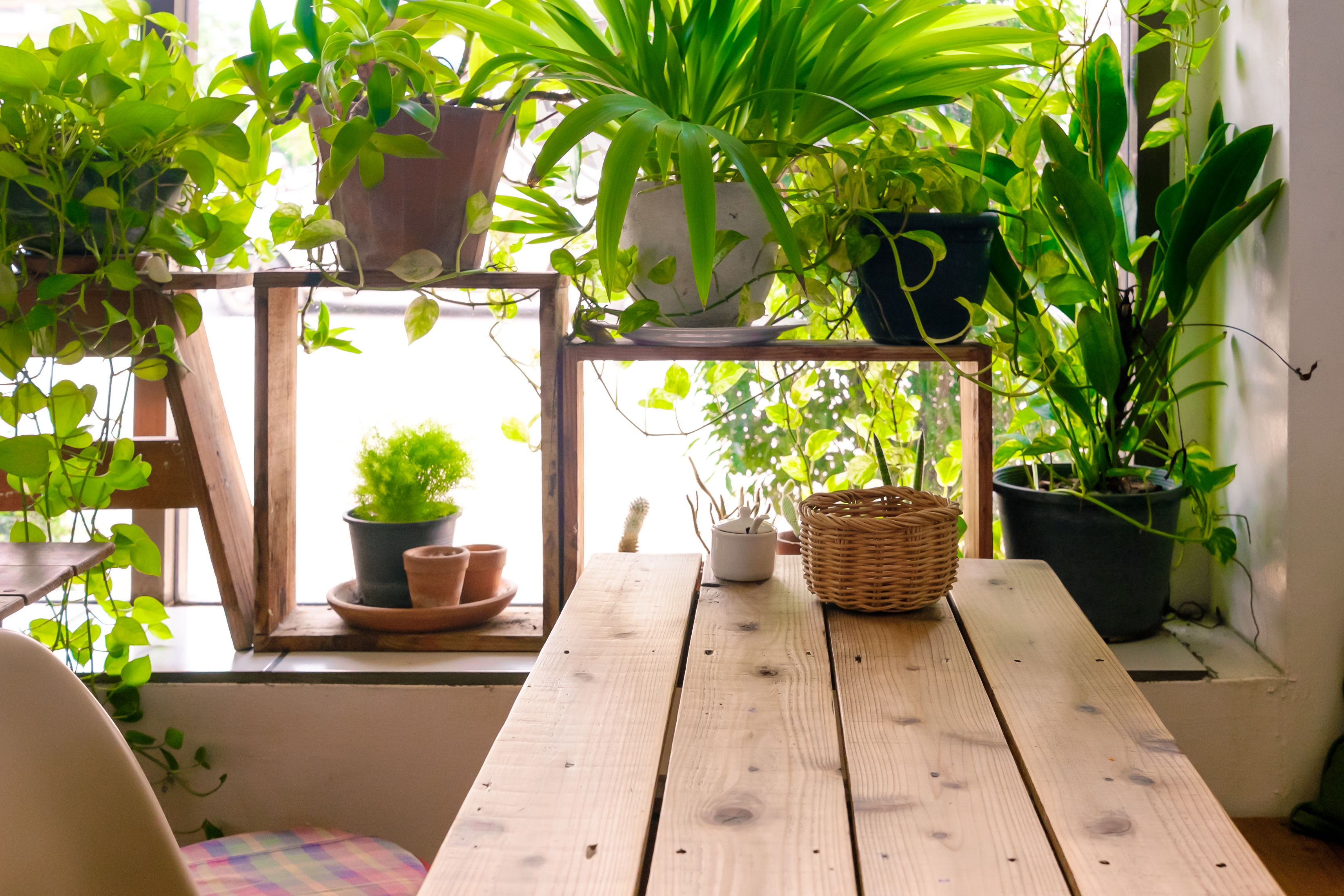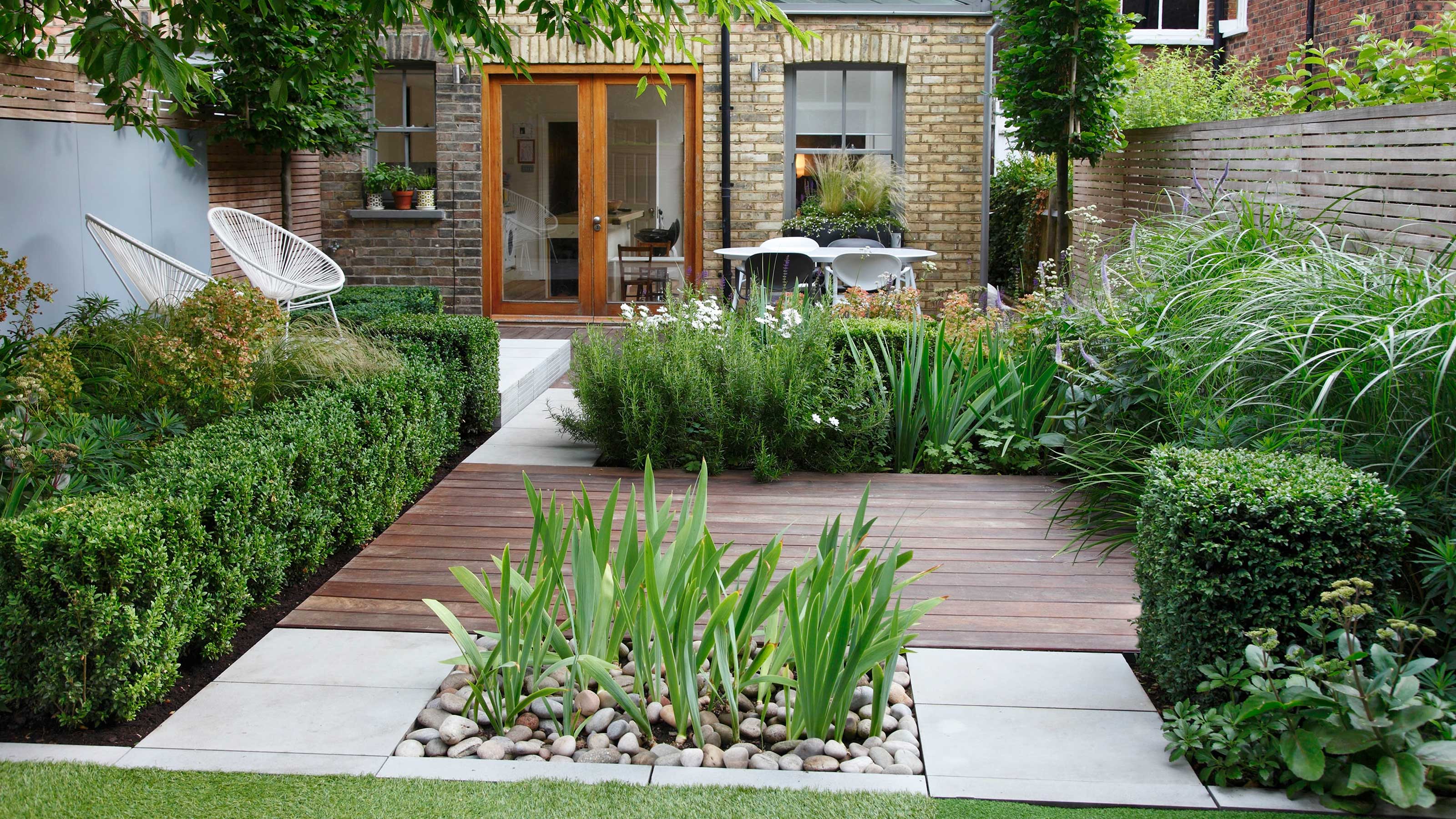Troubleshooting Common Vegetable Garden Problems
Having a vegetable garden can be incredibly rewarding, but it also comes with its fair share of challenges. From pests to diseases, there are many issues that can arise when trying to grow your own vegetables. In this article, we will discuss some common problems that vegetable gardeners face and provide solutions to help you overcome them.
Pest Infestations
One of the most common problems gardeners face is pest infestations. Pests such as aphids, caterpillars, and beetles can wreak havoc on your vegetable plants, causing damage to leaves, stems, and fruits. To combat pest infestations, it is important to regularly inspect your plants for signs of damage and take action immediately.
One natural solution for controlling pests is to introduce beneficial insects into your garden, such as ladybugs or lacewings, which feed on harmful pests. Additionally, you can use organic pesticides or insecticidal soaps to target specific pests while minimizing harm to beneficial insects.
Disease Outbreaks
Another common issue in vegetable gardens is disease outbreaks. Fungal diseases like powdery mildew and bacterial infections can quickly spread among your plants if left unchecked. To prevent disease outbreaks, practice good garden hygiene by removing and disposing of infected plants promptly.
Using disease-resistant plant varieties and rotating your crops annually can also help minimize the risk of disease outbreaks. If you notice signs of disease on your plants, consider using natural fungicides or bactericides to control the spread.
Soil Problems
Healthy soil is essential for growing healthy vegetables, but many gardeners struggle with soil problems such as compaction, poor drainage, or nutrient deficiencies. To improve your soil quality, consider adding organic matter like compost or mulch to provide essential nutrients and improve soil structure.
Regularly testing your soil pH and nutrient levels can help you identify any deficiencies and adjust your fertilization practices accordingly. Additionally, practicing crop rotation and cover cropping can help maintain soil health and prevent nutrient depletion.
Watering Issues
Proper watering is crucial for the success of your vegetable garden, but many gardeners struggle with overwatering or underwatering their plants. To prevent watering issues, water your plants deeply and infrequently to encourage deep root growth and prevent waterlogged soil.
Consider using a drip irrigation system or soaker hoses to deliver water directly to the root zone and avoid wetting the foliage, which can lead to disease problems. Mulching around your plants can also help retain soil moisture and reduce water evaporation.
FAQs
Q: How can I prevent pest infestations in my vegetable garden?
A: To prevent pest infestations, regularly inspect your plants, introduce beneficial insects, and use organic pesticides.
Q: What should I do if I notice signs of disease on my plants?
A: If you notice signs of disease, promptly remove and dispose of infected plants, and consider using natural fungicides or bactericides.
Q: How can I improve the quality of my soil?
A: To improve soil quality, add organic matter, test soil pH and nutrient levels, and practice crop rotation and cover cropping.
For more information on troubleshooting common vegetable garden problems, check out this helpful guide.



